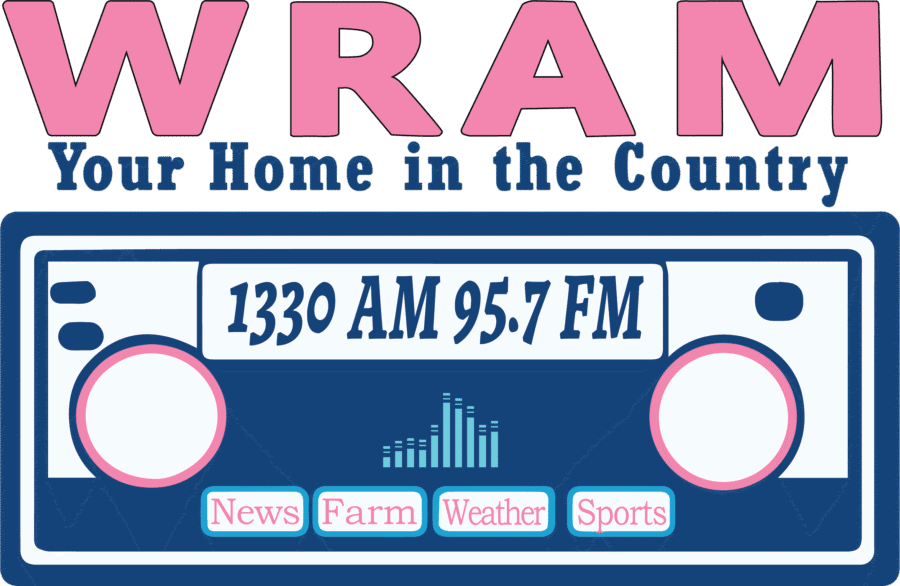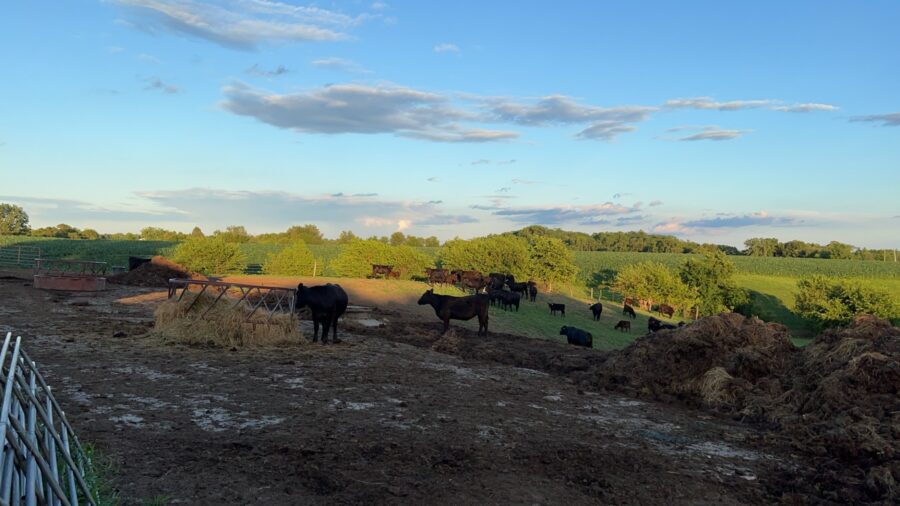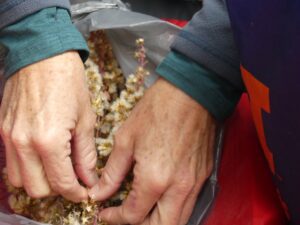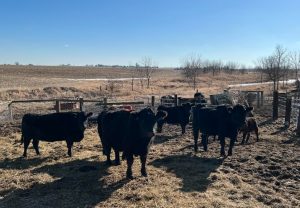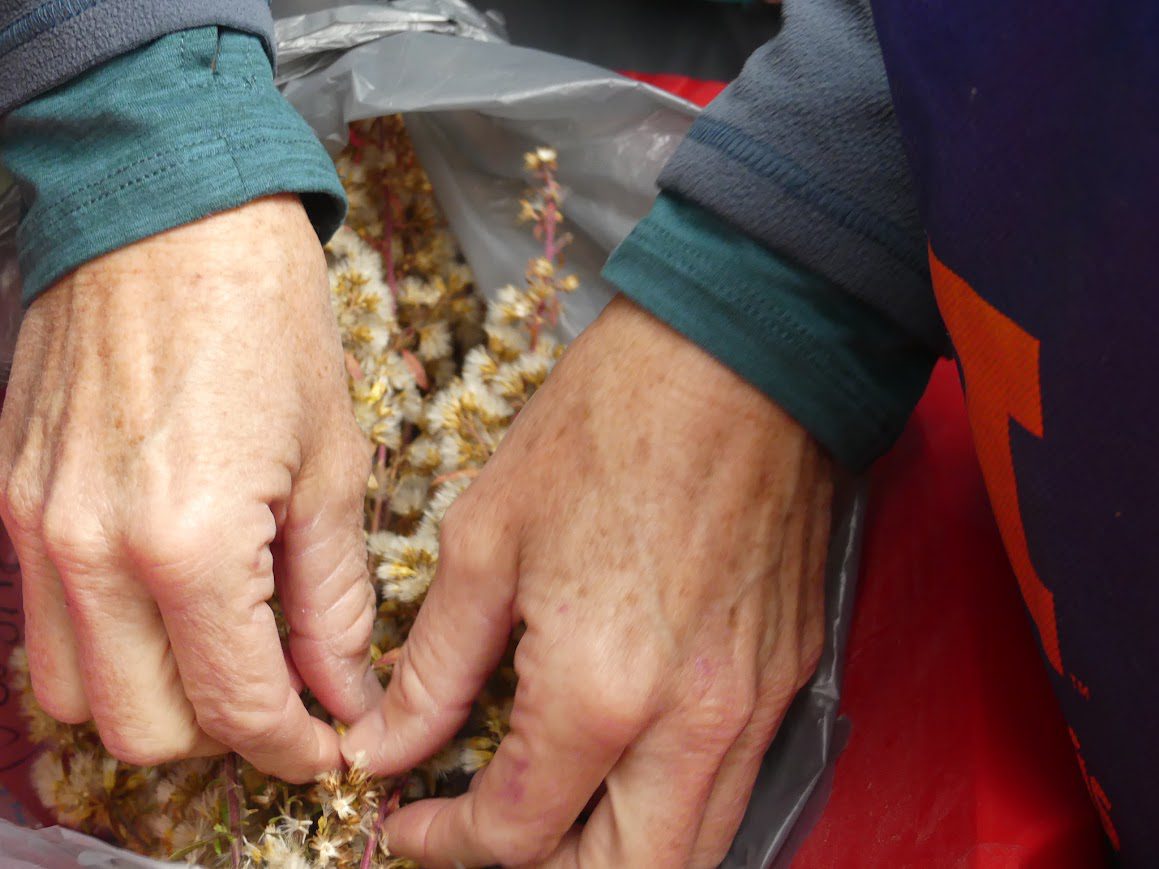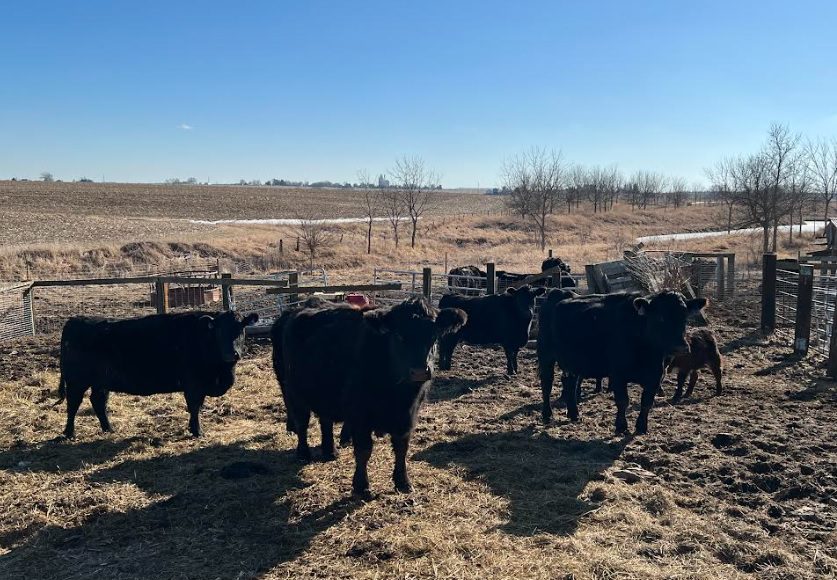The United States Department of Agriculture’s Animal and Plant Health Inspection Service (APHIS) is announcing the resumption of cattle and bison imports from Mexico. Imports are scheduled to resume within the next several days.
To protect U.S. livestock and other animals, APHIS halted shipments of Mexican cattle and bison in November 2024 after a positive detection of New World screwworm (NWS) in southern Mexico. After extensive discussions between representatives from the countries, APHIS and Mexico agreed to and implemented a comprehensive pre-clearance inspection and treatment protocol to ensure safe movement and mitigate the threat of NWS.
APHIS’ top priority is to protect American livestock from foreign pests. As part of the protocol signed between the countries, Mexico identified and prepared pre-export inspection pens in San Jeronimo, Chihuahua, and Agua Prieta, Sonora, which APHIS has now visited, inspected, and approved. Cattle and bison will be inspected and treated for screwworm by trained and authorized veterinarians prior to entering the pre-export inspection pens, where they will again undergo inspection by Mexican officials before proceeding to final APHIS inspection then crossing at the Santa Teresa and Douglas Ports of Entry, respectively. Cattle and bison approved for importation will also be dipped in a solution to ensure they are otherwise insect- and tick -free. The United States and Mexico are working closely to approve additional pre-export inspection pens and reopen trade through other ports of entry.
To support our efforts to keep NWS out of the United States, APHIS will continue working with partners in Mexico and Central America to eradicate NWS from the affected areas and to reestablish the biological barrier in Panama, which we have worked to maintain since 2006.
In the last two years, screwworm has spread north of the barrier throughout Panama and into Costa Rica, Nicaragua, Honduras, Guatemala, El Salvador, Belize and now Mexico. This increase is due to multiple factors including new areas of farming in previous barrier regions for fly control and increased cattle movements into the region. APHIS is releasing sterile flies through aerial and ground release at strategic locations, focusing on Southern Mexico and other areas throughout Central America. A complete list of regions APHIS recognizes as affected by screwworm as well as more detailed information on trade restrictions can be found on the USDA APHIS Animal Health Status of Regions website.
***Courtesy of the U.S. Department of Agriculture***

